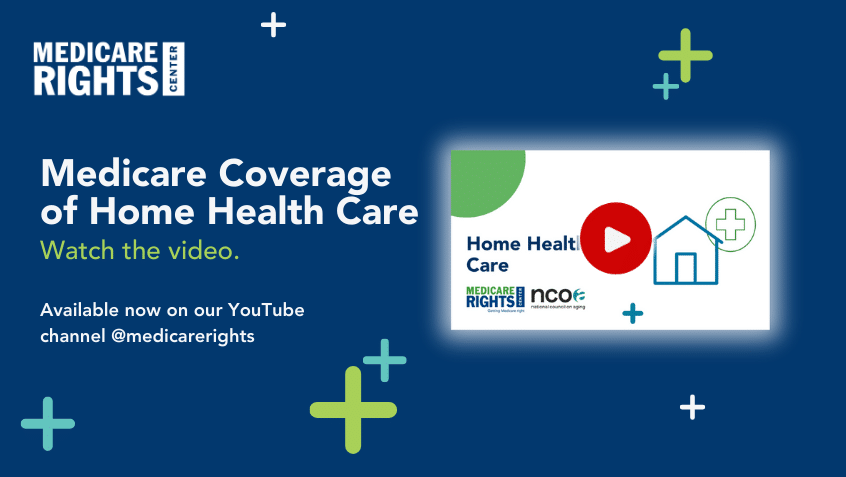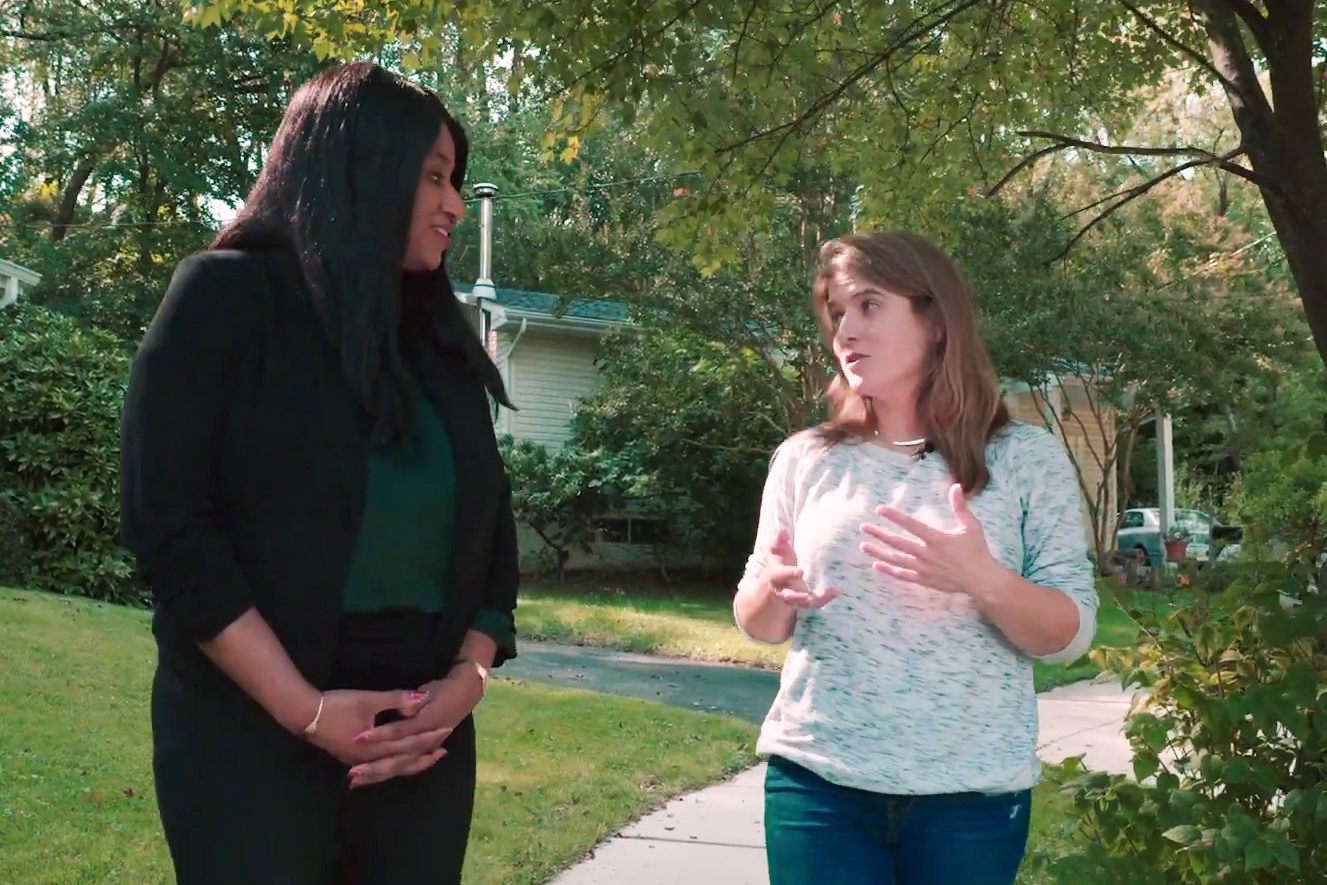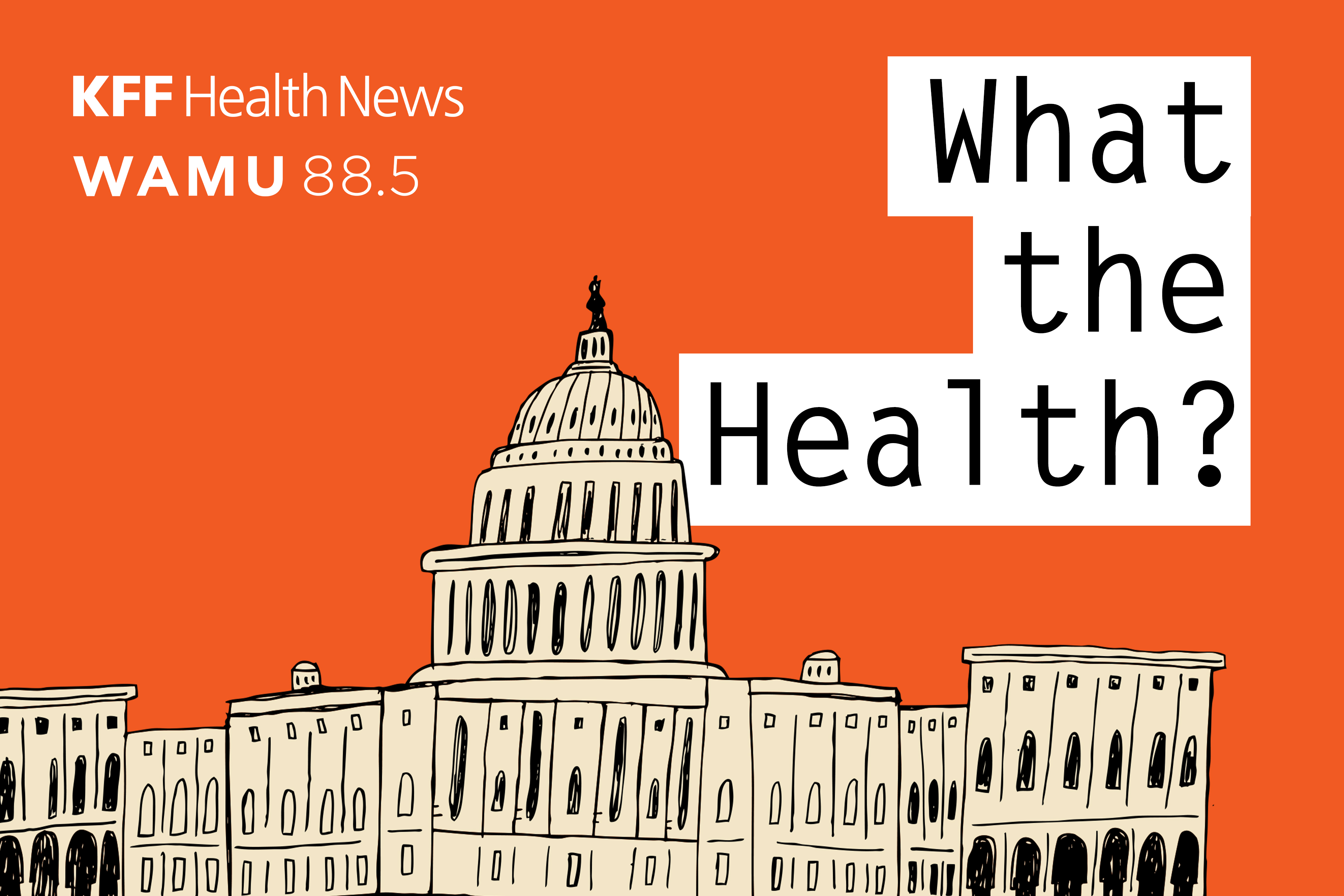Did you know that understanding health information better can help us lead healthier lives? As a Population Health Specialist at Independence Blue Cross (IBX), I see every day how much knowing more about our health really matters. One important way it helps is by motivating more people to keep up with their preventive care, like getting screenings, annual checkups, and vaccinations.
What Is Health Literacy?
Health literacy means being able to find, understand, and use health information. This can include being able to read medicine labels, knowing how to communicate with your doctor, or understanding why you need a flu shot. When people have greater health literacy, they can make better choices for themselves and their families.
Why Are Preventive Screenings Important?
Preventive screenings are tests that help find health problems early — sometimes before we even feel sick. For example, screenings can check blood sugar, blood pressure, or look for cancer. When we find problems early, we can start treating them sooner when they’re easier to manage.
Here’s a great example. A regular annual mammogram revealed that one of our IBX members had breast cancer — while it was still in its earliest stage, Stage 1. Getting diagnosed that early may have saved her life. Now she encourages her friends to keep up with their scheduled mammograms. Stories like this show how important preventive screenings are.
Preventive screenings are a big focus of my work at IBX. I’ve seen the difference they can make in people’s lives. That’s why I do everything I can, in collaboration with providers in our area, to educate our members on why these screenings matter so much. For instance, we work together to help members understand why they should still get cervical cancer screenings even after menopause and when they are no longer sexually active. In my experience, the more people know, the more likely they are to take the steps necessary to protect their health.
How Health Literacy Helps Improve Screening Rates
When people understand why screenings matter, they are more likely to get them. Good health literacy helps people know:
Without clear information, some people can feel scared, confused, or not sure what to do. Or they might not fully understand the risk of not getting screened. Doctors and nurses play an important role in explaining things in simple words and answering all their patients’ questions.
What Can We All Do to Help Improve Health Literacy?
At IBX, we work hard to make health information easy to understand. We try to use plain language whenever possible. And, if you’re a member of one of our insurance plans, we’re always here to help answer your questions.
You can do your part, too! Here are some easy ways:
Let’s Work Together
Better health starts with better understanding. By learning more and sharing what we know, we can help more people get screened and stay healthy. Together, we can improve health literacy and screening rates in our community!
And remember, your doctor and IBX are always here to support you. If you ever have any questions about screenings, just ask.


























